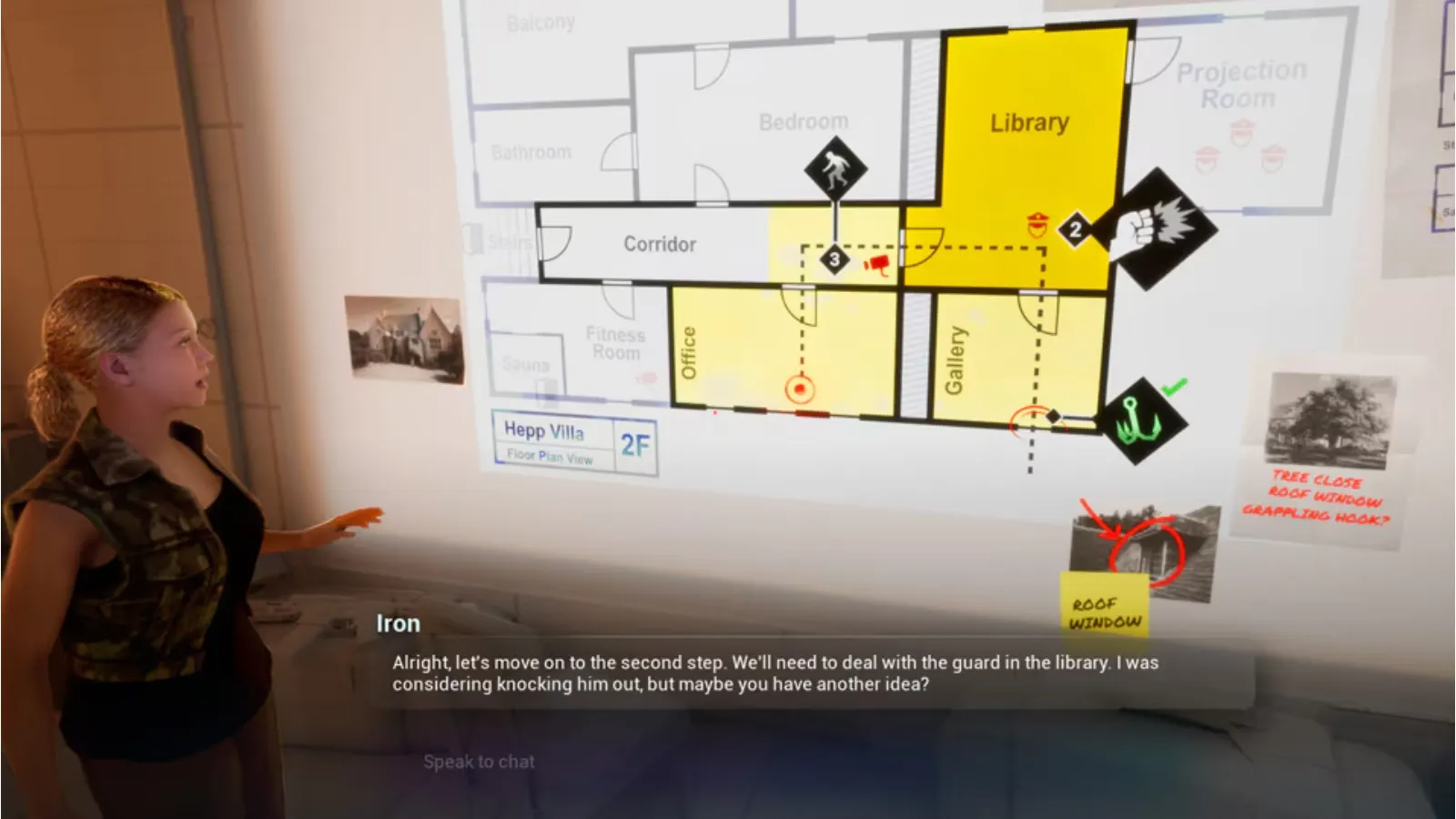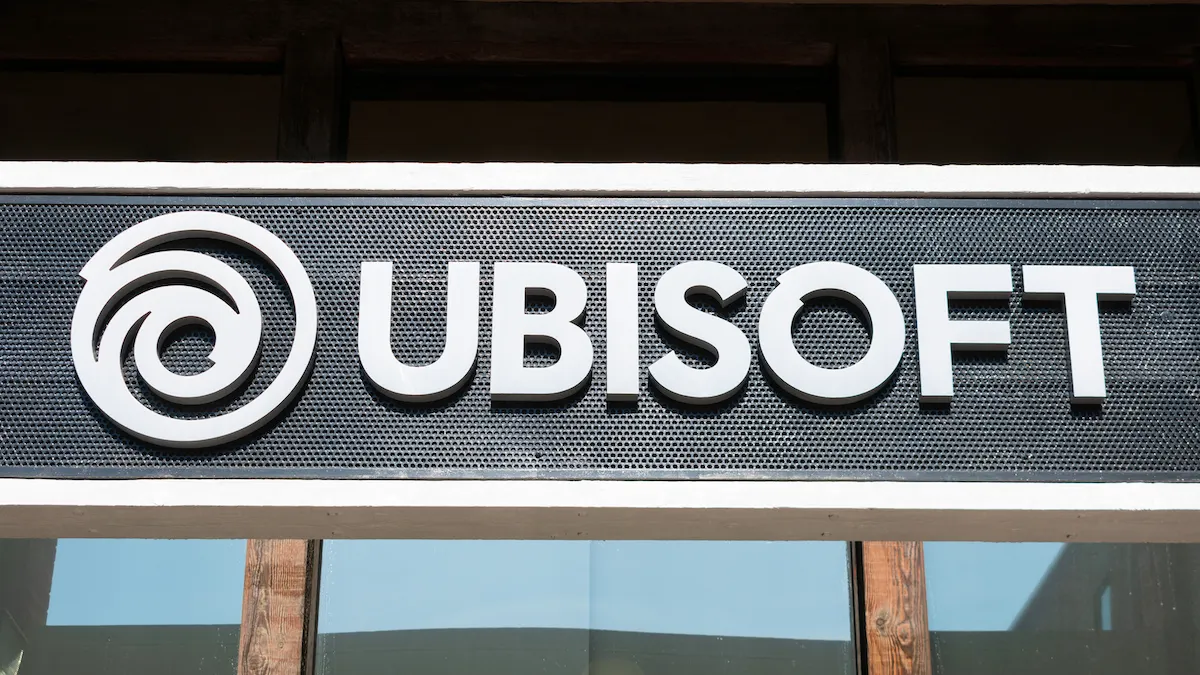Gaming giant Ubisoft released a preview of its latest AI gaming prototypes, which the company said give non-player characters (NPCs) impressive abilities. The developer's new NEO NPCs were presented at the annual Game Developer Conference in San Francisco on Tuesday.
While Ubisoft said its NEO NPCs still have a long way to go before being used in games, they will transform how players interact with non-playable characters (NPCs), providing richer experiences and driving the adoption and advancement of artificial intelligence in gaming.
Conversations with in-game characters are getting more real!
Presenting our research project, NEO NPCs, a new kind of NPC that uses generative AI to really talk to you! Discover how our team of writers and developers are coming together in this exciting experiment:… pic.twitter.com/FvvyvXWZKu
— Ubisoft (@Ubisoft) March 19, 2024
In the GDC demo, players interacted with the NEO NPC AI, which Ubisoft said showed “unprecedented cognitive and interactive abilities,” including emotion, memory, situational awareness, and decision-making.
Ubisoft is the studio behind Assassin's Creed, Rainbox Six, and Far Cry, and the firm said these advancements use voice-to-chat technology. Using generative AI, NPCs are able to share ideas, ask questions, and help players plan future actions.
“I’m used to building a character’s backstory, their hopes and dreams, the experiences that shaped their personality, and used all that information to nurture myself into writing dialogue,” Ubisoft narrative director Virginie Mosser said in a statement. “It’s very different, but for the first time in my life, I can have a conversation with a character I’ve created—I’ve dreamed of that since I was a kid.”
Ubisoft said the NEO NPCs were created under a partnership with chipmaker Nvidia and Inworld AI. The company said it will use Nvidia's Audio2Face technology, a part of its ACE suite, to create realistic facial movements.
Last summer, Silicon Valley-based Inworld AI raised $50 million in a funding round led by Lightspeed Venture Partners. Stanford University, Samsung Next, and strategic investors Microsoft’s M12 fund, Eric Schmidt’s First Spark Ventures, and LG Technology Ventures also participated.

In addition to interactive conversations, Ubisoft said Inworld AI's technology allows Ubisoft's writers to develop detailed backgrounds, knowledge, and dialogue for each NPC.
“The way we worked on this project is always with our players and our developers in mind,” Ubisoft senior vice president of production technology Guillemette Picard said in a statement. “We know that developers and their creativity must still drive our projects—generative AI is only of value if it has value for them.”
Ubisoft did not immediately respond to Decrypt’s request for comment.
Following the public launch of OpenAI’s ChatGPT and Midjourney last year, gaming studios have sought ways to leverage the technology. Studios joining Ubisoft in the AI race include Blizzard Entertainment, Square Enix, and Microsoft.
At the Consumer Electronics Show In January, Ubisoft announced that the game studio tapped technology giant Nvidia to develop more responsive and talkative characters using Nvidia’s growing suite of generative AI technology.
“Generative AI brings unprecedented creative opportunities for our teams and players,” Picard said in a separate statement. “It is when they find the value it has for them that we start to see its true potential to transform the way games are made and played.”
Edited by Ryan Ozawa.

